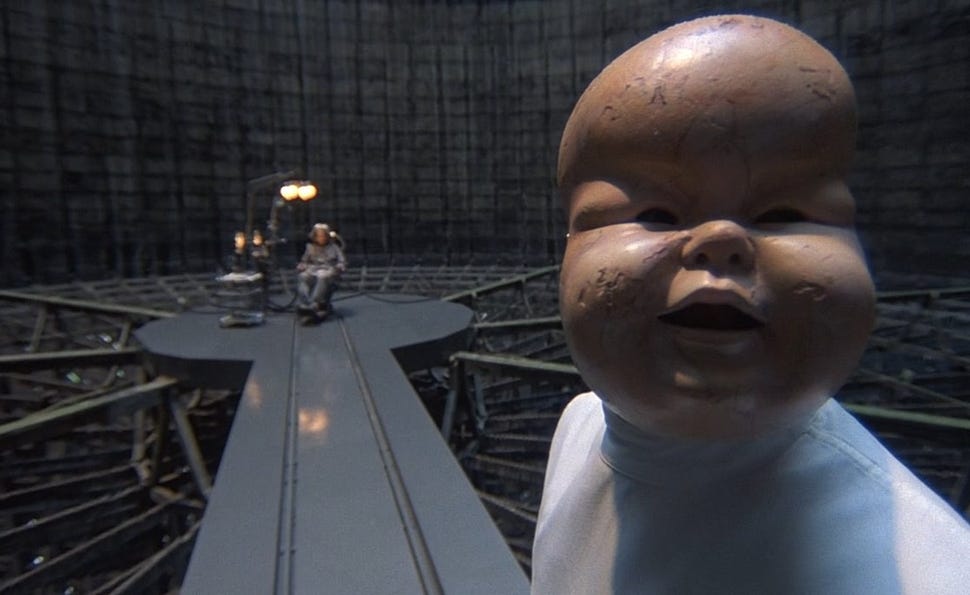Sam Lowry Dreams
Brazil: A Lonely Dystopia.
The 1985 film "Brazil," directed by Terry Gilliam, is a dystopian masterpiece that explores the theme of loneliness in a society that values conformity and obedience over individuality and creativity. The film is set in a totalitarian regime where bureaucracy reigns supreme, and citizens are stripped of their freedoms and forced to conform to a rigid social hierarchy.
The protagonist of the film, Sam Lowry (played by Jonathan Pryce), is a low-level government employee who dreams of a more exciting and fulfilling life. He finds solace in his dreams, where he imagines himself as a hero rescuing a damsel in distress. However, his mundane existence is shattered when he becomes entangled in a bureaucratic error that leads to the wrongful arrest and death of an innocent man. This event triggers a series of events that forces Sam to confront the oppressive society in which he lives and the loneliness that accompanies it.
Loneliness is a pervasive theme throughout the film, and it is manifested in several ways. Firstly, the society in which Sam lives is one that values conformity and obedience over individuality and creativity. This leads to a sense of isolation and detachment, as people are not encouraged to express their true selves or connect with others on a deeper level. This is exemplified by the character of Jill (played by Kim Greist), whom Sam meets and falls in love with. Jill is a rebel who rejects the conformity of society and seeks a more authentic and meaningful existence. However, her rebellion ultimately leads to her demise, and she becomes just another victim of the oppressive regime.
Secondly, the film explores the theme of loneliness through the use of technology. In the world of "Brazil," technology is ubiquitous, and it serves to further isolate people from one another. For example, Sam's mother is shown to be addicted to a virtual reality program that allows her to escape from the harsh realities of her life. Similarly, Sam's boss is obsessed with his computer, which he uses to monitor and control the actions of his subordinates. This reliance on technology serves to further distance people from one another, as they become more focused on their screens than on the people around them.
Lastly, the film explores the theme of loneliness through the character of Sam himself. Sam is a man who is deeply unhappy with his life and yearns for something more. He is plagued by the sense that he is meant for something greater than the mundane existence he leads. However, his attempts to break free from the constraints of society ultimately lead to his downfall, and he is left alone and isolated.
In conclusion, "Brazil" is a film that explores the theme of loneliness in a society that values conformity and obedience over individuality and creativity. The film shows how this oppressive regime leads to a sense of isolation and detachment, as people are not encouraged to express their true selves or connect with others on a deeper level. This loneliness is further exacerbated by the ubiquitous presence of technology, which serves to further isolate people from one another. Ultimately, the film suggests that the only way to combat this loneliness is through rebellion and the pursuit of a more authentic and meaningful existence. However, this rebellion comes at a great cost, and it is up to the viewer to decide whether the price is worth paying.
.





Brazil was so ahead of its time. You captured a lot of the reasons why in this. Well done!